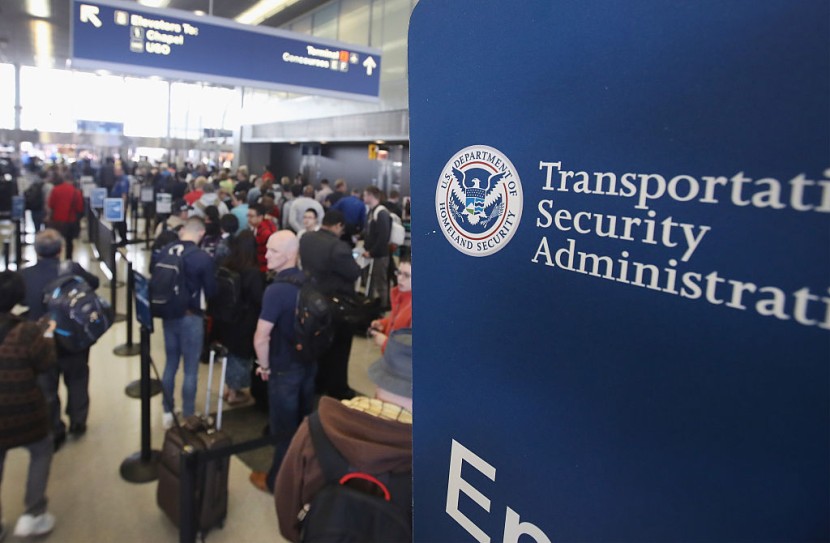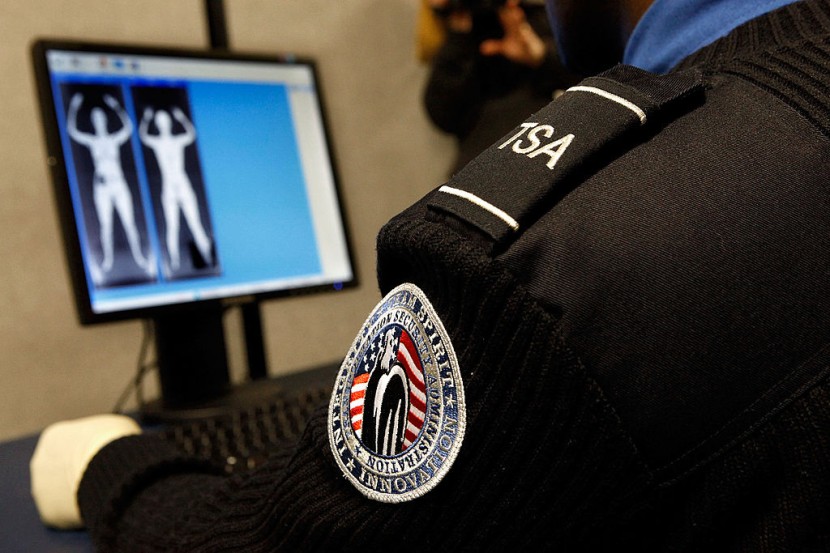Las Vegas travelers may soon find airport screening easier, thanks to the new self-service screening tech that the Transportation Security Administration (TSA) and Department of Homeland Security (DHS) are working on.

For the past few years, completing an airport screening has been quite a hassle for many Americans, especially during the holiday season and other busy months.
But, this could soon change, thanks to the self-service screening option of TSA and DHS. Here's everything you need to know about this airport technology.
TSA Working on New Airport Self-Service Screening Tech for Las Vegas Travelers
DHS confirmed that the Las Vegas Harry Reid International Airport would have a new self-service screening tech as early as January 2024.
This technology became possible thanks to the efforts of the Screening Speed team of the Department of Homeland Security's Science and Technology Directorate, as well as TSA's Innovation Task Force.
In 2021, TSA and DHS Screening at Speed Team awarded contracts to Voxel Radar, Vanderlande Industries, and Micro-X. These three companies are the ones working with the two agencies in developing the new self-service screening technology.
Officials said that Las Vegas Harry Reid International Airport's transportation security officers were already trained on how to manage the self-screening option for travelers.
But, before that, the new technology will be showcased at the Consumer Electronics Show (CES) in Las Vegas, which is scheduled for January 2024, as reported by Fox Business.
Aside from Las Vegas, TSA and DHS also allowed other airports to try the new self-service screening process. One of them is the Ronald Reagan Washington National Airport in Washington, D.C.
This airport tried a prototype of the new airport technology back in March and has been screening volunteer American travelers, as well as their belongings.
How Airport Self-Service Screening Tech Works

According to The Daily Mail UK's latest report, the new self-service screening tech works as its name implies. This means that passengers will be allowed to scan their documents and will be given the responsibility to inspect their bags for banned items.
Aside from this, the machine used for screening will no longer be handled by TSA officers. Instead, the machine will work by itself, preventing travelers from passing through in case there's an issue.
"Travelers will use passenger and carry-on screening systems at individual consoles or screening lanes themselves, reducing the number of pat-downs and bag inspections TSOs need to perform and freeing their time to be reallocated to the busier aspects of screening operations," explained DHS Screening at Spead's Program Manager Dr. John Fortune.









